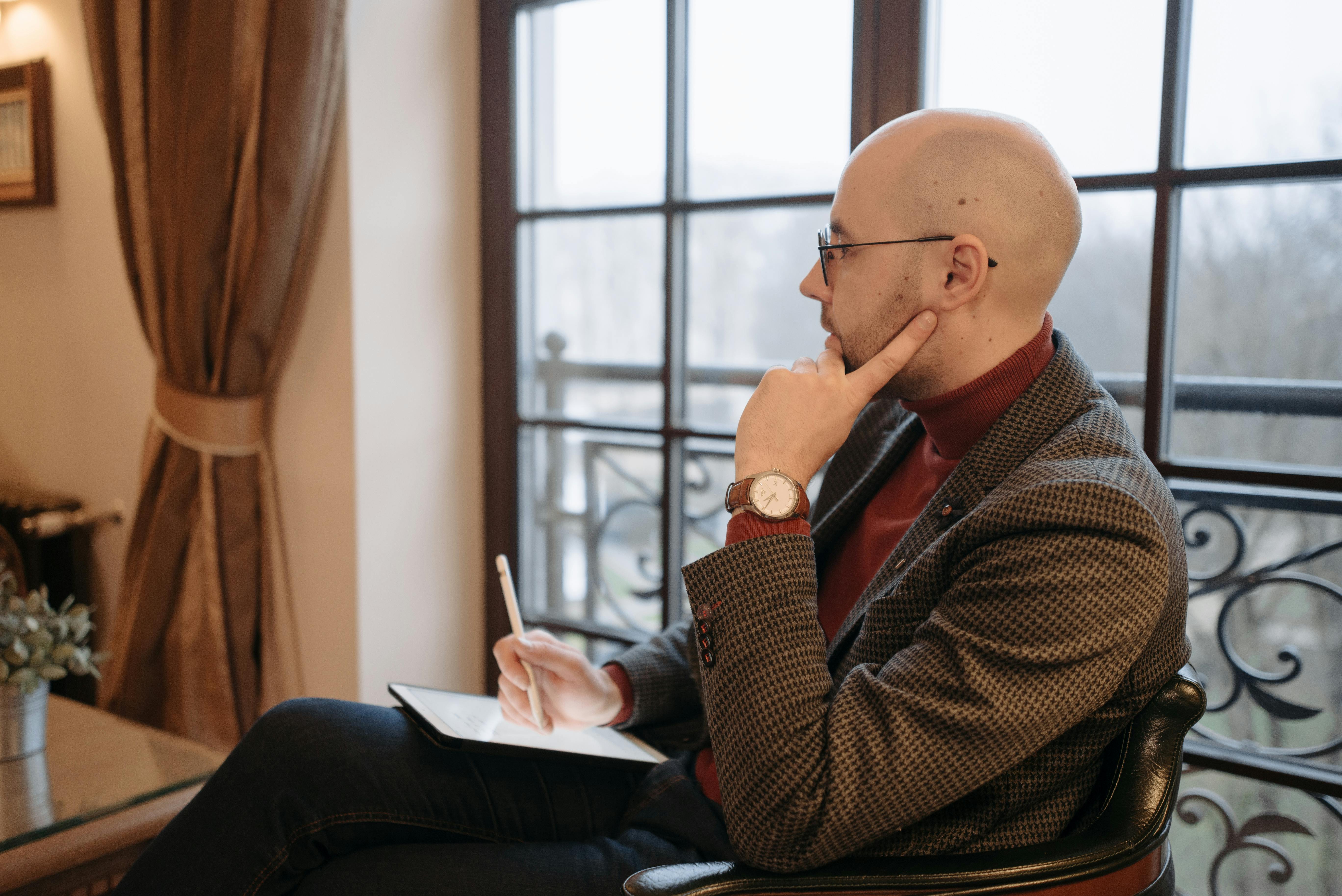
The earliest age to start playing the piano
Having taught piano for many years, a very popular question I am often asked is “When can my child start piano lessons?” No matter how many different ways that question has been asked, I say the answer varies many times.
We know that all children are different. They have different skills and abilities. I would say that there are three categories for determining when your child can start lessons: skills, emotional maturity, and natural musical abilities.
At age 6, a child begins to read and has a good attention span. It is a good age to start. Younger children (3-5) who enjoy clapping, singing and moving to music can also begin to learn the names of the white keys. Basic quarter note and half note counts are also introduced.
There are wonderful programs like Musik Garden, Music Together, and WunderKeys for young children. Many coloring books are available for younger musicians to color piano keys, musical signs, and symbols. I recommend WunderKeys Books and Bastien’s Piano Basics: First Level.
Another point of view is to start at 3 or 4 years old when they know the alphabet and can count to ten. At a young age it is possible to maintain a constant rhythm. I suggest you have someone else teach your child. So learning the letters of the alphabet AG and being able to recognize the numbers from 1 to 5 is a prerequisite for the little ones. Also, sitting still for 10-15 minutes while you focus on having fun at the piano is very necessary.
The sum is important because music is divided into measures. Children need to know simple math because each type of note receives a specific number of counts. It is important to recognize if the notes are the same or different. Also, it is good to know if the sounds are loud or soft.
Music for Little Mozarts is a wonderful piano method for pre-K children. This method incorporates aspects suitable for many learning styles: kinesthetic (movement), rote teaching, Sol-Fa singing and popular songs, as well as lots of color to concretely and visually associate and learn abstract musical symbols and concepts.
As for maturity, I would suggest age four or five as a good age to start on the piano. Kindergarten children are very ready for games of any kind and begin to have the necessary skills to put together various hand movements in a group of movements.
At this age piano teachers can teach them chords (three piano keys played with the left hand). If their hands are very small, they will learn to play 2-note chords (two piano keys, using the thumb and little finger).
I have found that children gravitate towards what is most comfortable for them. The first graders seem to be magically wired to try the piano and are very excited to play the piano! All the necessary physical perceptions are in place; numbers are not a problem, playing with two hands is not a problem.
First graders are ready to conquer the right hand of sheet music and engage in a study of chords. At this age, children are emotionally ready to play the game called “happy and sad” in which the teacher plays chords and has the child try to guess the chords. Are they emotional or dramatic in quality (major), happy or sad (minor)? Kids love this ear training game.
Here are some tips to get you started.
1. Teach the notes, the numbers, have the children decipher the commands and play the correct keys as best they can, with the finger that comes to mind. Associate the fingers with animals, if you like.
2. Introduce the idea of the five fingers, slowly, as a game. In this way, they do not play with only the index finger, but with all fingers. Ask them to press the 2 black keys and then the 3 black keys.
3. Play rhythm games and sing and clap loudly to reinforce the rhythm by playing the piano. Try simple rhythm games like “fours” that give children the idea of regularity, of pattern, of repetition.
4. Keep coming back to ideas, over and over again. Repetition is good! Are the tones high or low?
Show positive reinforcement and recognition of progress with lots of praise!
Finally, there is no exact age for a child to start taking formal music lessons. As a parent, it is his role to determine if his child is ready based on his observations. Does he show interest in the piano? Do you know the difference between hitting and soft play? The ultimate answer will be led by the children.
In Asian culture, the piano is considered the central instrument that one learns to first understand the essentials of music. To know how to play the piano successfully, Asians must be able to read both treble and bass clefs. That means understanding the intricacies of a completely different language at the ripe age of 3, which in turn allows most Asian children to understand how to efficiently use their left and right brain hemispheres at a younger age. Have you ever wondered why Asian children are so mathematically and spatially talented? That’s your answer. Asians will also enroll their children in music classes to serve the community.
A head start makes music education more complete and successful!